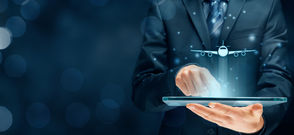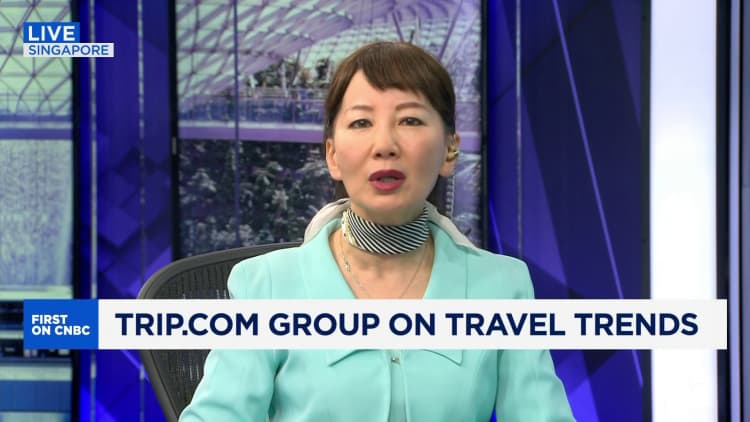ZamaNdosi Cele|Published 1 hour agoPlanning a wedding is often a joyous occasion, but it can…

Consumers’ Shifting Behaviors Continue Reshaping the Travel Industry
Data intelligence company Morning Consult has released its ‘State of Travel and Hospitality’ report for 2021’s fourth quarter. The objective of its analysis was to discover how consumers are changing the sector’s future amid the ongoing pandemic by surveying over 9,000 adults across the Americas, Europe and the Asia-Pacific region.
The firm found that that the travel industry is, indeed, rebounding, although slowly. Especially given the recent rise of fast-spreading strains, like the Omicron and Delta variants, COVID-related health concerns remain a factor for potential travelers; as do vaccination, testing and quarantine requirement at their intended destination, including confusion about what the actual regulations are at any given time.
ADVERTISING
Sixty-four percent of U.S. adults said they’d traveled within the past year, more than 25 percent in the past month alone. It was discovered that younger generations—Millennials and Gen Zers—and high-income consumers were found to be more likely to travel than their older and poorer counterparts.
One of the trends it examined is the pandemic-fueled increase in air rage. COVID-related airline (and federal) mandates, specifically when it comes to mask-wearing, prompted a steep rise in incidents of passengers refusing to follow the rules aboard their flights. From verbal rants and offensive language to physically assaulting crew members and fellow flyers, “unruly passengers” have become an all-too-common problem.
According to Morning Consult’s survey, 41 percent of Americans have actually avoided domestic travel during the pandemic, due to concerns about how their fellow passengers might act aboard the plane. And, 63 percent are at least slightly concerned that an “air rage” incident will occur on their next flight, and 21 percent said they’re either “very” or “extremely” concerned.

Just as with face masks, COVID-19 vaccines quickly became a highly politicized issue, with an already-polarized America split in their perceptions about COVID-related precautions and the virus itself. Consumer support for vaccination mandates, while polarized across party lines, is actually rather high when it comes to air travel. Sixty-three percent of Americans believe vaccination should be required when flying internationally, while 60 percent also said they should be required of passengers flying domestically.
Travelers are also approaching travel planning differently and reorganizing some of their priorities. Leisure travelers have become accustomed to the idea that their plans may need to change at a moment’s notice. From consumers, the industry is seeing shorter booking windows, higher importance placed on flexibility and even a willingness to spend more money to ensure their plans are reschedulable. Price still remains the primary concern in booking travel, followed by brands’ safety measures.

Then, there’s the business travel segment, which everyone foresaw would start rebounding only after the return of leisure travel. The fast rise and widespread adoption of remote-working and virtual-meeting technology prompted by the pandemic seem to have permanently displaced a portion of the business travel market. Now, 39 percent of regular U.S. business travelers say they’ll never go on another work trip again. Those who do travel for business are likely to do so closer to home, bound by tighter corporate policies and smaller budgets. The data actually revealed that one in every five business trips taken over the next year will just be day trips.




